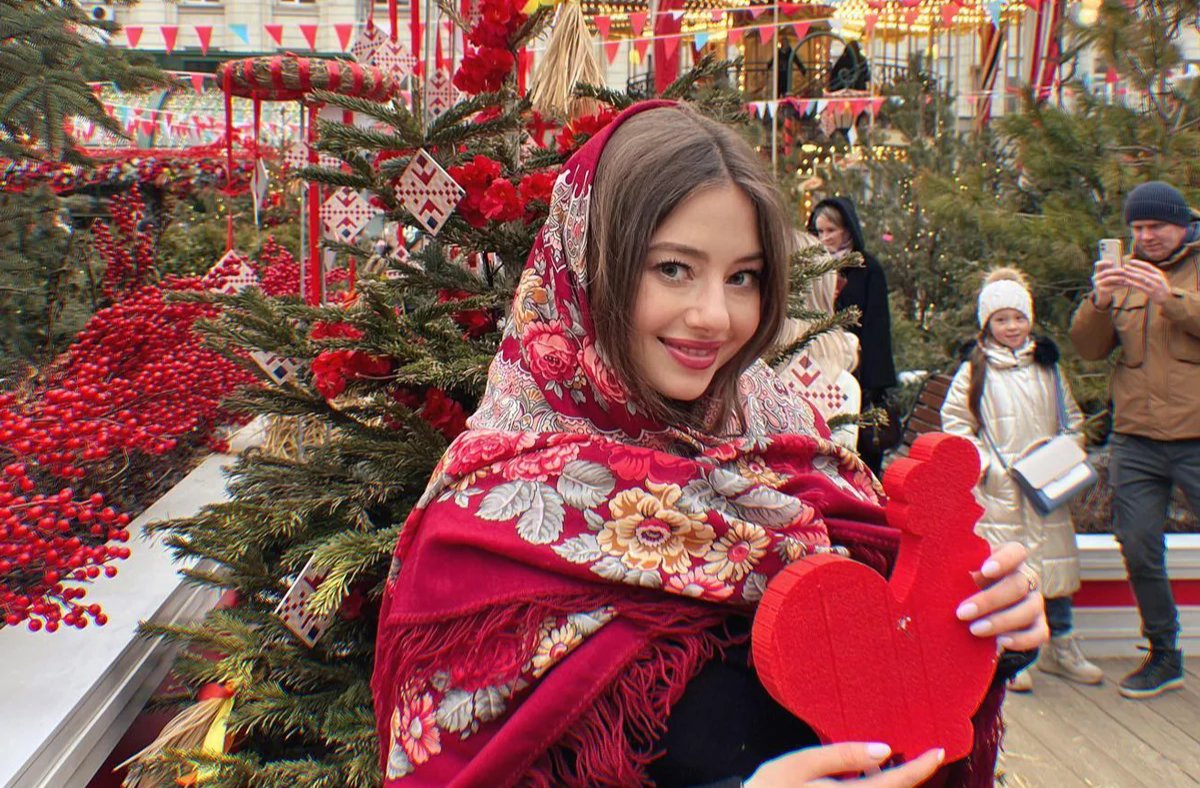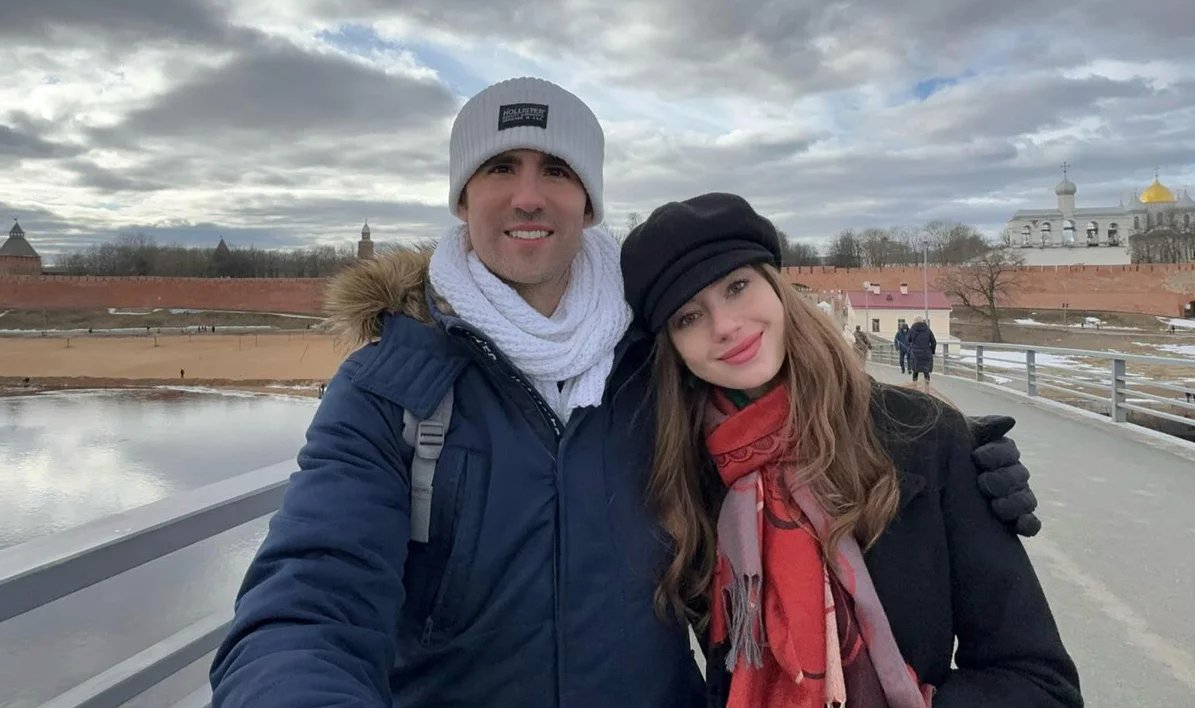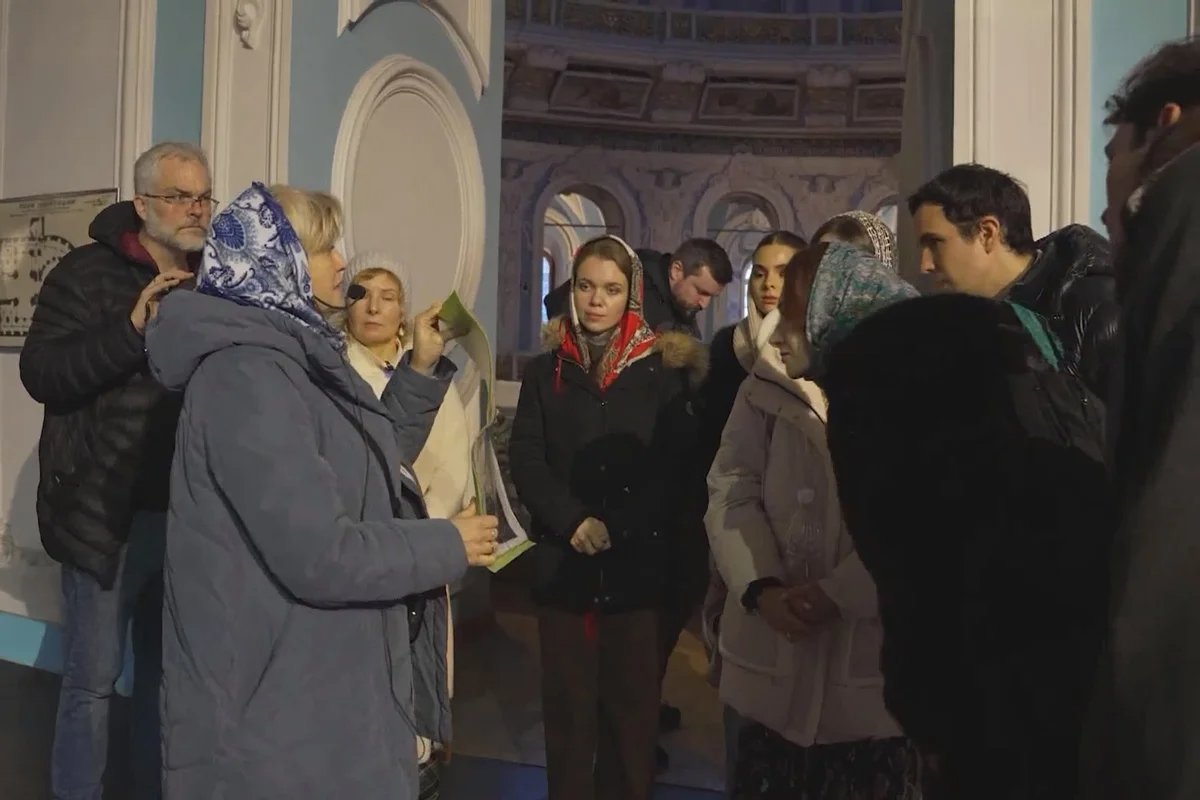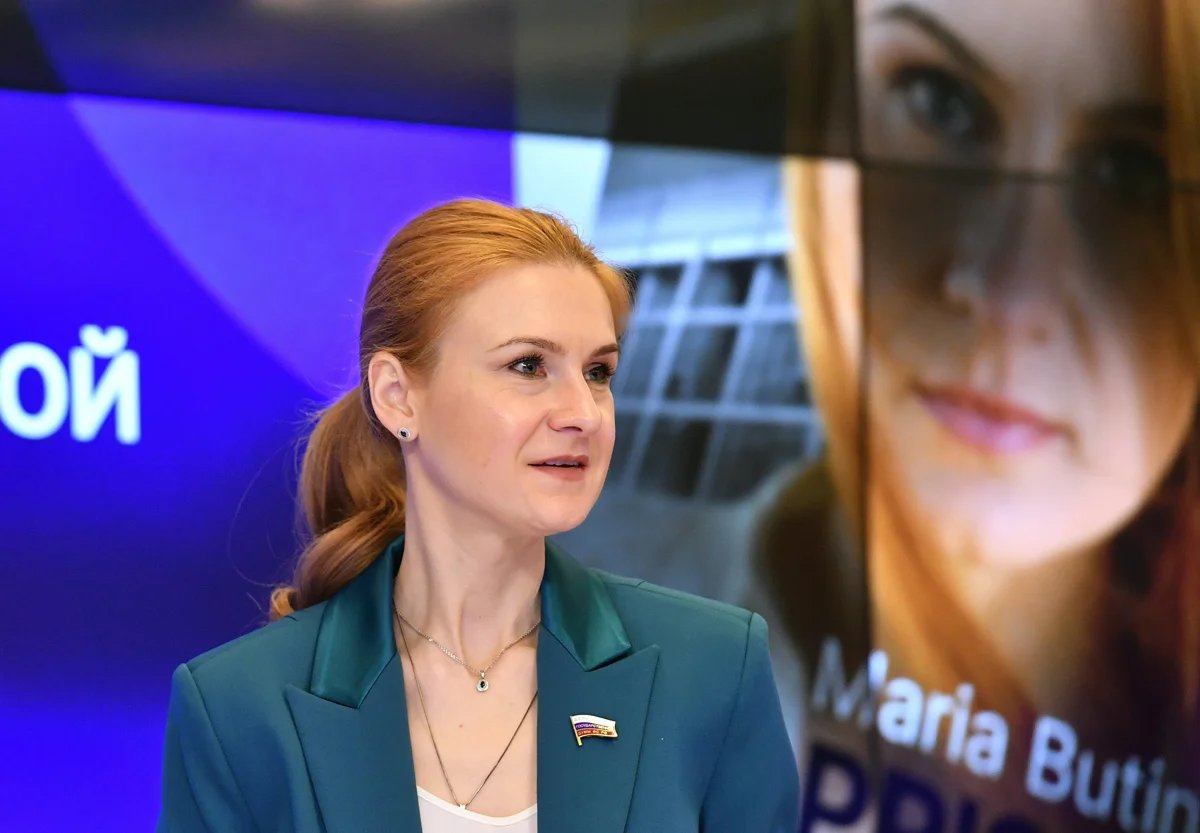



“I’ve inspired people to love Russia, and that is perhaps the most dangerous crime of all,” Hong-Kong born influencer Alexandra Yost proclaimed as she launched her new YouTube channel, Sasha and Russia, in July, shortly after her previous channel was deleted by the platform.
Born to an American father and a Russian mother in Hong Kong, Yost, now 27, decided to move to Russia after living in St. Petersburg for a year at the age of 19, after spending her teenage years in the US and Belgium, where she says she “always experienced Russophobia”.
Despite her videos about Russian life and culture being “in no way political”, Yost’s previous YouTube channel was deleted last year, she says, “without any explanation”, though since then she has continued to post her content on Russian tourist attractions, nature and traditions on TikTok, where she has over 150,000 followers, and on Instagram, where she has over 200,000.

Alexandra Yost. Photo: @sashajost / Instagram
Nevertheless, calling her content “apolitical” as she does is disingenuous — many of Yost’s videos appear to promote so-called “traditional values”, which have become a staple of Kremlin propaganda campaigns in recent years. In one of her videos, for instance, Yost says that Russians have “more traditional customs” ingrained in them overall, “like the man being the main provider” for his wife, before advising Western women looking for a Russian husband to “be proud of being a feminine woman and stop trying to be equal to men”.
In another video similar to Tucker Carlson’s shopping spree in Moscow last year, Yost takes a trip to a Russian grocery store in an effort to prove that “Russians aren’t starving”, which conveniently skips over the relative cost of produce and features a cashier who insists that Western sanctions haven’t affected Russians at all, a narrative that has been pushed by Kremlin propagandists for years.
Despite Yost scoffing at the notion that any Russian-related content amounted to Kremlin propaganda in one of her videos, her 2023 tax return shows that she was in fact on the payroll of TV Novosti, a legal entity used by Russian propaganda outlet RT, at least in that year, Novaya Gazeta Europe has learned.
Videos of foreign influencers praising Russia’s “traditional values” have appeared with ever greater frequency on social media over the past year.
RT, one of Russia’s biggest propaganda outlets and one that has been banned in the EU and the US, received over 55 billion rubles (€585 million) in funding from the Russian government in 2023–2024.
Yost, who did not respond to Novaya Europe’s request for comment regarding her ties to RT, is sometimes accompanied on her trips to Russian cities by her husband, Mexican citizen Domingo García, who says he moved to Russia for ideological reasons. After graduating from one of Russia’s leading universities, the Higher School of Economics (HSE), in 2024, García founded the LATAM Chamber of Commerce in Russia, described on its website as a nonprofit promoting bilateral trade between Latin American countries and Russia.
Nevertheless, it is unclear how active the organisation actually is, as no reports of its activity have appeared in the media. Besides, Novaya Europe has not found any legal entity in Russia registered to García’s name, despite him being listed as the organisation’s founder.

Domingo García and Alexandra Yost. Photo: @domingogmz / Instagram
García, who is listed as one of the clients of a PR agency for foreign bloggers working in Russia along with his wife, has also appeared alongside Yost on Russian state TV and claimed to have a “Russian soul” in an interview published on the HSE’s website in which he denounced the decline of “traditional values” in the West.
Videos of foreign influencers praising Russia’s “traditional values” have appeared with ever greater frequency on social media over the past year, and the better established influencers are often seen attending the same events and using the same stock phrases to describe Russia, in what increasingly appears to be a coordinated marketing campaign.
For instance, last month several influencers visited the same monastery in the Moscow region on 19 January to mark Epiphany, which in the Orthodox tradition is celebrated by cold water immersion. The trip appears to have been organised by Spas, a federal channel associated with the Russian Orthodox Church, which featured the influencers in a TV report several days later.

A group of influencers visiting the Resurrection Monastery in the Moscow region. Photo: Spas
As well as those posted by Alexandra Yost, French influencer Gabrielle Duvoisin, Italian blogger Petro Stramezzi and German influencer Liza Graf all posted similar videos from the trip. Graf and Yost posted videos about the Moscow metro within four days of each other in February, both described the Chinese New Year celebrations in Moscow on 29 January, and posted similar videos about the Christmas market on Red Square in December.
Duvoisin and Yost both travelled to the central Russian city of Suzdal last year, though Yost made it there first in October and posted a video in traditional Russian dress, followed by Duvoisin in December. Duvoisin’s story is strikingly similar to Yost: she decided to move to Russia from Paris after visiting St. Petersburg, and has lived in Russia since 2022, posting videos in French and Russian.
In December 2024, Duvoisin interviewed former Russian spy turned Duma lawmaker Maria Butina, who heads an organisation that assists Western immigrants moving to Russia in search of “traditional values”. Butina, who was sentenced to 18 months in prison in the US for failing to notify the authorities that she was acting as a Russian agent, was subsequently deported to Russia, where she has collaborated with RT on a project focusing on foreigners moving to Russia — a topic also covered by Yost in one of her most recent videos.

Maria Butina. Photo: Irina Buzhor / Kommersant / Sipa USA / Vida Press
Foreign influencers often report on trips organised by Butina — Graf, Yost and Austrian influencer Martin Held were all present in January at a gathering of people from half a dozen Western countries who had moved to Russia after, in Butina’s words, disagreeing “with the gender policy at home”.
This is not the first time RT has used foreign influencers to promote pro-Kremlin narratives — in September 2024, the US Department of Justice accused two RT employees, Konstantin Kalashnikov and Yelena Afanasyeva, of covertly funnelling nearly $10 million to a Tennessee-based content creation company that worked with several US content creators who were allegedly given instructions on how to cover events related to Russia, at one point being told to focus on the “Ukraine/US angle” of the Moscow concert hall shooting in March instead of covering the Islamic State’s involvement.
While the name of the company and the names of content creators involved with it have never been made public. According to CNN, the company in question was Tenet Media, which worked with several US right-wing bloggers, including Dave Rubin, who has over 2 million YouTube subscribers, and Tim Pool, with over a million, both of whom subsequently released statements in which they claimed to have been victims of the Russian scheme. No charges have been brought against the bloggers themselves.
The Russian government has banned independent media. We were forced to leave our country in order to keep doing our job, telling our readers about what is going on Russia, Ukraine and Europe.
We will continue fighting against warfare and dictatorship. We believe that freedom of speech is the most efficient antidote against tyranny. Support us financially to help us fight for peace and freedom.
By clicking the Support button, you agree to the processing of your personal data.
To cancel a regular donation, please write to [email protected]
VPNovaya
Help Russians and Belarusians Access the Truth
